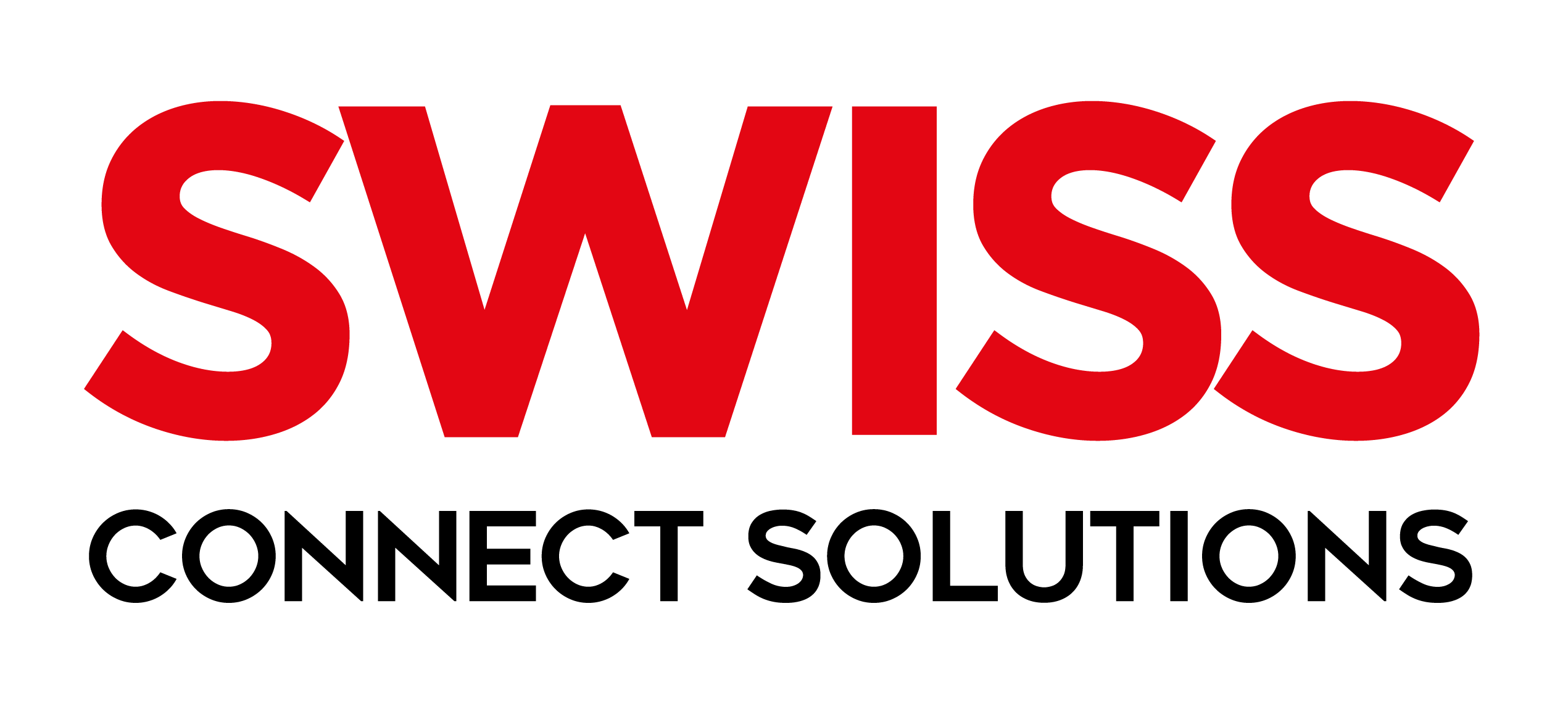In every company, the Human Resources (HR) department plays a key role in managing people, processes, and policies. But within HR itself, there are different roles with specific responsibilities. Two of these important roles are the HR Business Partner (HRBP) and the traditional HR professional. While they may sound similar, their functions are quite different. Let’s explore these differences in detail.
What is HR?
The Human Resources (HR) team is responsible for managing everyday activities that relate to employees. Their key responsibilities include:
- Hiring and onboarding new employees
- Managing salaries, bonuses, and payroll
- Handling employee records
- Managing leave and attendance policies
- Ensuring company policies and labor laws are followed
- Supporting staff in daily HR queries
In simple words, HR ensures the smooth running of people operations within the company. Their job is focused on services, administration, and compliance.
What is an HR Business Partner (HRBP)?
An HR Business Partner (HRBP) is a more strategic role. An HRBP works directly with company leaders and department heads to create and manage people strategies that support business goals. They focus on:
- Advising management on HR and people-related decisions
- Developing talent plans aligned with business needs
- Planning workforce structure and leadership roles
- Guiding organizational change and development
- Analyzing HR data to improve overall performance
HRBPs act as consultants to business leaders, ensuring that HR strategy helps drive the company’s growth.
Key Differences Between HRBP and HR
| Point of Difference | HR (Human Resources) | HR Business Partner (HRBP) |
|---|---|---|
| Role Focus | Daily HR operations like hiring, payroll, and policies | Aligning HR strategy with business goals |
| Works With | Employees and HR team | Business leaders and top management |
| Scope | Administrative and operational tasks | Strategic planning and advisory |
| Objective | Ensure smooth HR services for staff | Drive company success through people management |
| Decision Impact | Internal HR process improvements | Business-level decisions affecting growth |
Example for Better Understanding
Suppose a company plans to launch in a new city:
- The HR team will manage recruitment, prepare offer letters, set up payroll, and ensure policies are in place for the new hires.
- The HRBP will discuss with leadership the skills required in that market, suggest changes in the team structure, and help in leadership development.
Why Both Roles Matter
Both HR and HRBP roles are important for business success:
- HR ensures smooth and efficient day-to-day processes.
- HRBP ensures the business achieves its long-term goals by having the right talent, structure, and leadership in place.
Together, they help the company grow while keeping employees engaged and motivated.
Conclusion
Understanding the difference between an HR Business Partner (HRBP) and an HR professional helps organizations assign the right responsibilities to the right people. While HR focuses on managing daily employee needs, HRBP drives the company’s people strategy for future growth. Both roles are essential to building a successful and people-driven organization.


